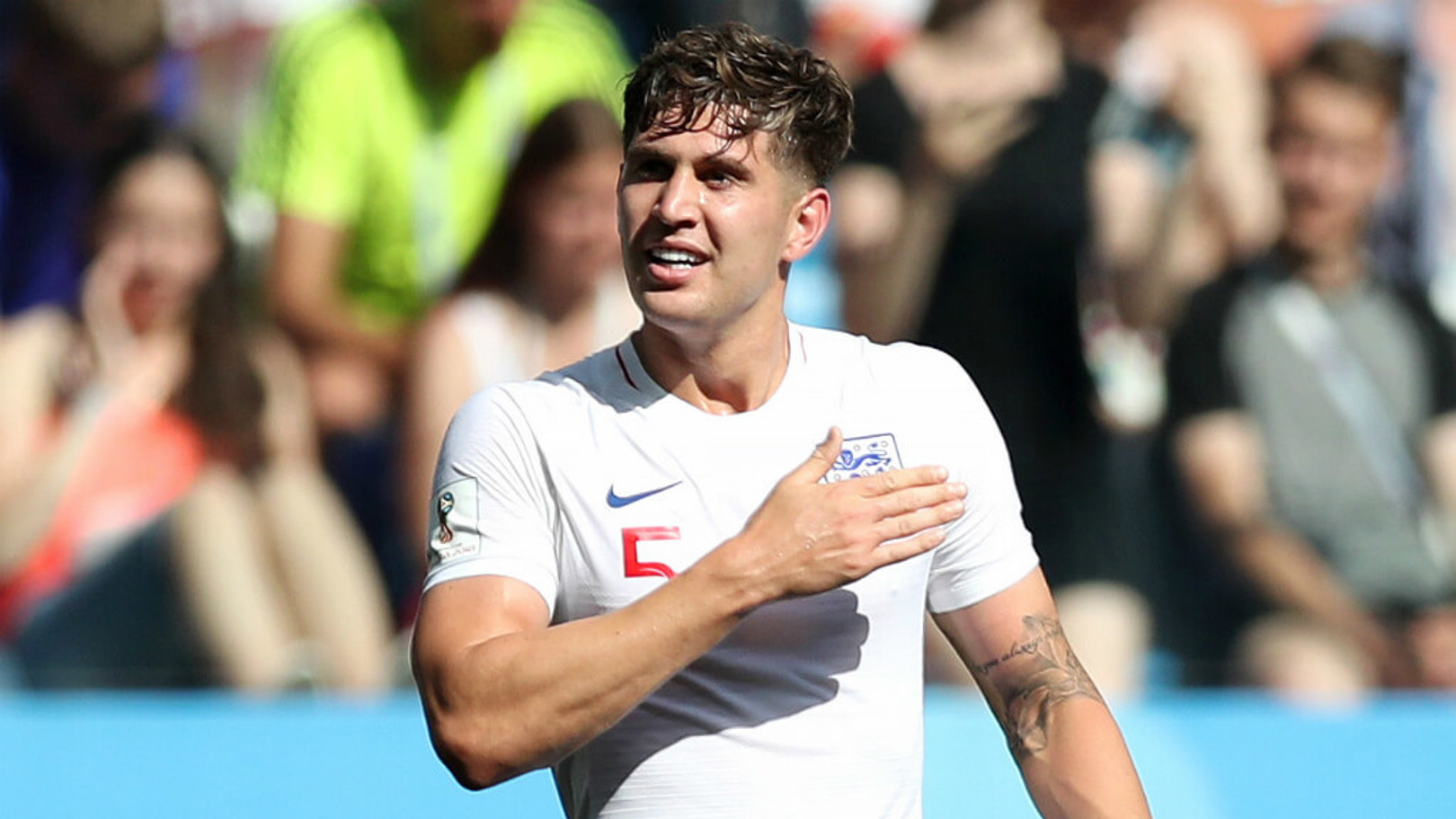Find out everything you need to know about the inaugural tournament below...
Background
Originally devised in 2011, the UEFA Nations League was created in a bid to improve the quality of international football, adding excitement and increased competition, and reduce the number of inconsequential friendlies.
Each edition will be played from September to November of an even-numbered year, and June of the following odd-numbered year, meaning a UNL champion will be crowned every two years.
Format
The tournament consists of 55 countries, competing in four leagues - A, B, C and D, divided based on their rankings at the conclusion of the 2018 World Cup Qualifiers.
The leagues are split into groups of three or four with the top four teams of League A gaining progression to the Final Four finals in June 2019. The winner will be crowned the Nations League Champion.
Four League teams will also be promoted and relegated ahead of the next edition of the competition, which will take place in 2020.
READ: City unveil third kit
READ: Foden’s spectacular rise set to continue
READ: Internationals | A guide to where and when City’s stars are playing
Leagues and groups
League A:
Group 1: Germany, France, Netherlands
Group 2: Belgium, Switzerland, Iceland
Group 3: Portugal, Italy, Poland
Group 4: Spain, England, Croatia
League B
Group 1: Slovakia, Ukraine, Czech Republic
Group 2: Russia, Sweden, Turkey
Group 3: Austria, Bosnia & Herzegovina, Northern Ireland
Group 4: Wales, Republic of Ireland, Denmark
League C
Group 1: Scotland, Albania, Israel
Group 2: Hungary, Greece, Finland, Estonia
Group 3: Slovenia, Norway, Bulgaria, Cyprus
Group 4: Romania, Serbia, Montenegro, Lithuania
League D
Group 1: Georgia, Latvia, Kazakhstan, Andorra
Group 2: Belarus, Luxembourg, Moldova, San Marino
Group 3: Azerbaijan, Faroe Islands, Malta, Kosovo
Group 4: FYR Macedonia, Armenia, Liechtenstein, Gibraltar
When does it start?
The opening round of matches take place on Thursday 6 September with games each day until Saturday 8 September.
Matchday two kicks off on Sunday 9 September until Tuesday 11 September before the domestic league campaign resumes.
UNL matchdays three and four, will continue in the October international break (Thursday 11 October to Tuesday 16 October), while the final round of group stage fixtures conclude between Thursday 15 November and Tuesday 20 November.
Which City players are involved in the September fixtures and when?
Vincent Kompany: Iceland v Belgium, Tuesday 11 September, 7:45pm BST
Fabian Delph, Kyle Walker, John Stones: England v Spain, Saturday 8 September, 7:45pm BST
Benjamin Mendy: Germany v France, Thursday 6 September, 7:45pm BST
France v Netherlands, Sunday 9 September, 7:45pm BST
Leroy Sane, Ilkay Gundogan: Germany v France, Thursday 6 September, 7:45pm BST
Bernardo Silva: Portugal v Italy, Monday 10 September, 7:45pm BST
Oleks Zinchenko: Czech Republic v Ukraine, Thursday 6 September, 7:45pm BST
Ukraine v Slovakia, Sunday 9 September, 2pm BST
Will the UNL affect other international tournaments?
Euro qualifiers for 2020 will commence in March 2019, with double headers in the March, June, September, October and November international breaks.
Teams will be split into five groups of five teams and five groups of six teams. In total, there will be 10 matchdays - the same number as now.
The top two teams from the 10 groups qualify automatically for the Euros, while four more places at the finals will be awarded to play-off winners. Sixteen teams will compete in the play-offs.Each Nations League league gets four play-off spots. If the winner of a group has already qualified for the Euros, the next best team which has not qualified goes into the play-offs.
Those 16 teams will go into four groups, with the top team going to the Euros. The four teams play two one-off semi-finals and one one-off final to determine play-off winners.
So, if one of the Home Nations fails to qualify the traditional way, each league has a path of its own to the finals.
The UEFA Nations League rankings will also determine the composition of draw pots for subsequent European Qualifiers.
UEFA EURO 2020 play-off draw: November 22, 2019
UEFA EURO 2020 play-offs: March 26-31, 2020
TV info
You can watch the UEFA Nations League live on Sky Sports.





